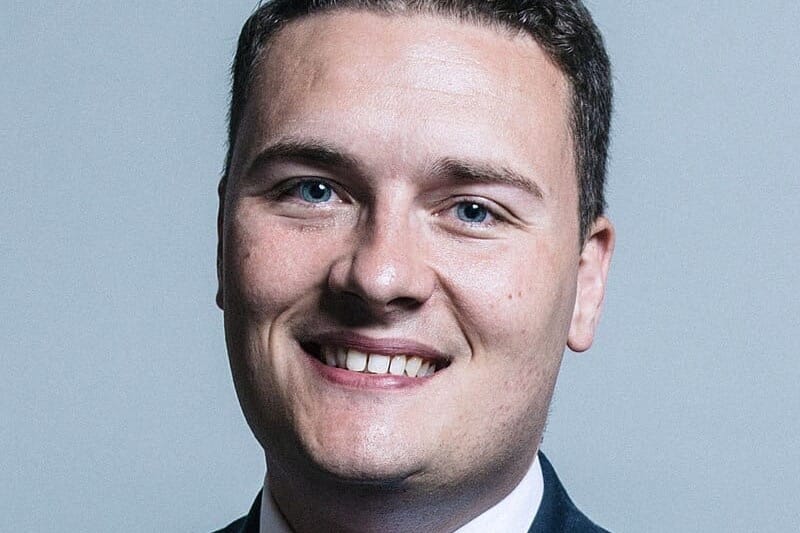Wes Streeting: indefinite ban on puberty blockers for trans youth "uncomfortable" but "ultimately right"

At this week's NHS LGBTQ+ Health Conference, Labour Health Secretary Wes Streeting defended his controversial decision to uphold the indefinite ban on puberty blockers for trans youth - a move that has sparked widespread criticism from LGBTQ+ activists, healthcare professionals, and even members of his own party.
Streeting, who is gay, acknowledged the emotional toll of the decision, describing it as “truly uncomfortable” but “ultimately right” based on clinical advice. “It has not sat easily with me at all,” he told attendees, “that there are young people who describe to me how they feel about not being able to access puberty blockers”.
The ban, which followed the Cass Review’s findings of “weak evidence” supporting the use of puberty blockers in children, has made it illegal to prescribe the medication outside of an NHS trial - a trial that has yet to begin. Streeting said he was “frustrated” by delays in launching the trial, citing ethical governance challenges.

Despite his attempts to show empathy, the Health Secretary faced hostile questioning from trans activists and NHS staff. Many accused him of upholding anti-trans policies and contributing to a climate of fear and exclusion. One attendee challenged his legacy, saying it amounted to “preventing care to trans young people”.
Streeting responded by sharing that he had met with trans youth and their families, including the young person who unsuccessfully challenged the government in court over the ban. “I felt that I owed that young person the opportunity to look me in the eye and tell me why I was wrong,” he said.
At the conference, Streeting also addressed broader issues facing LGBTQ+ patients in the NHS, including trans harassment in healthcare settings, long waiting times for gender identity services, and the need for inclusive care models. He pledged to improve services and announced a six-month review into LGBTQ+ health inequalities, led by Dr Michael Brady.
However, critics argue that these gestures ring hollow in light of the puberty blocker ban. Research has shown the ban has caused “overwhelming levels of distress” among trans youth, with some resorting to self-harm and expressing suicidal thoughts. One parent described the impact on their child as “despair” and “irreversible”.
Streeting’s remarks received a mixed response online. While some praised his willingness to engage with critics in a “hostile environment,” others accused him of trying to appease both sides of the debate without offering real solutions. Gender-critical voices defended his stance, while LGBTQ+ advocates warned that the ban could have life-threatening consequences for trans youth.






Comments ()